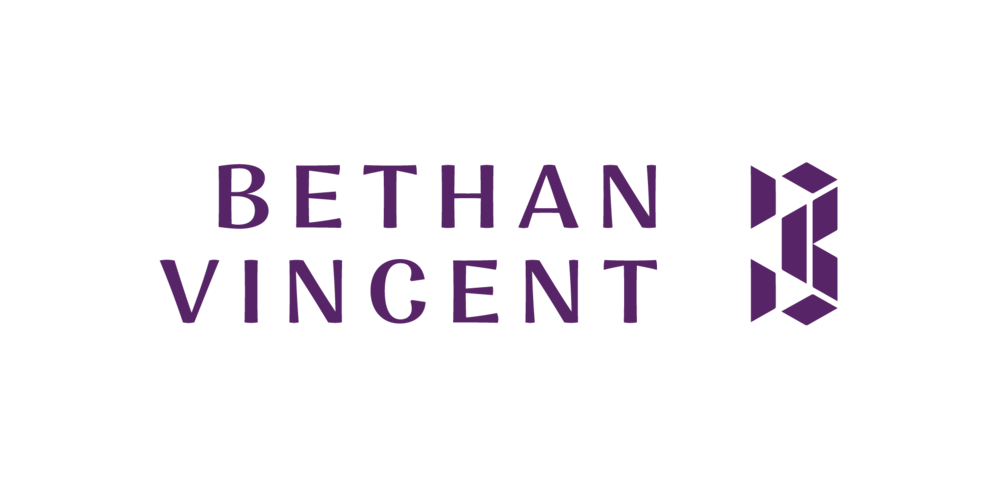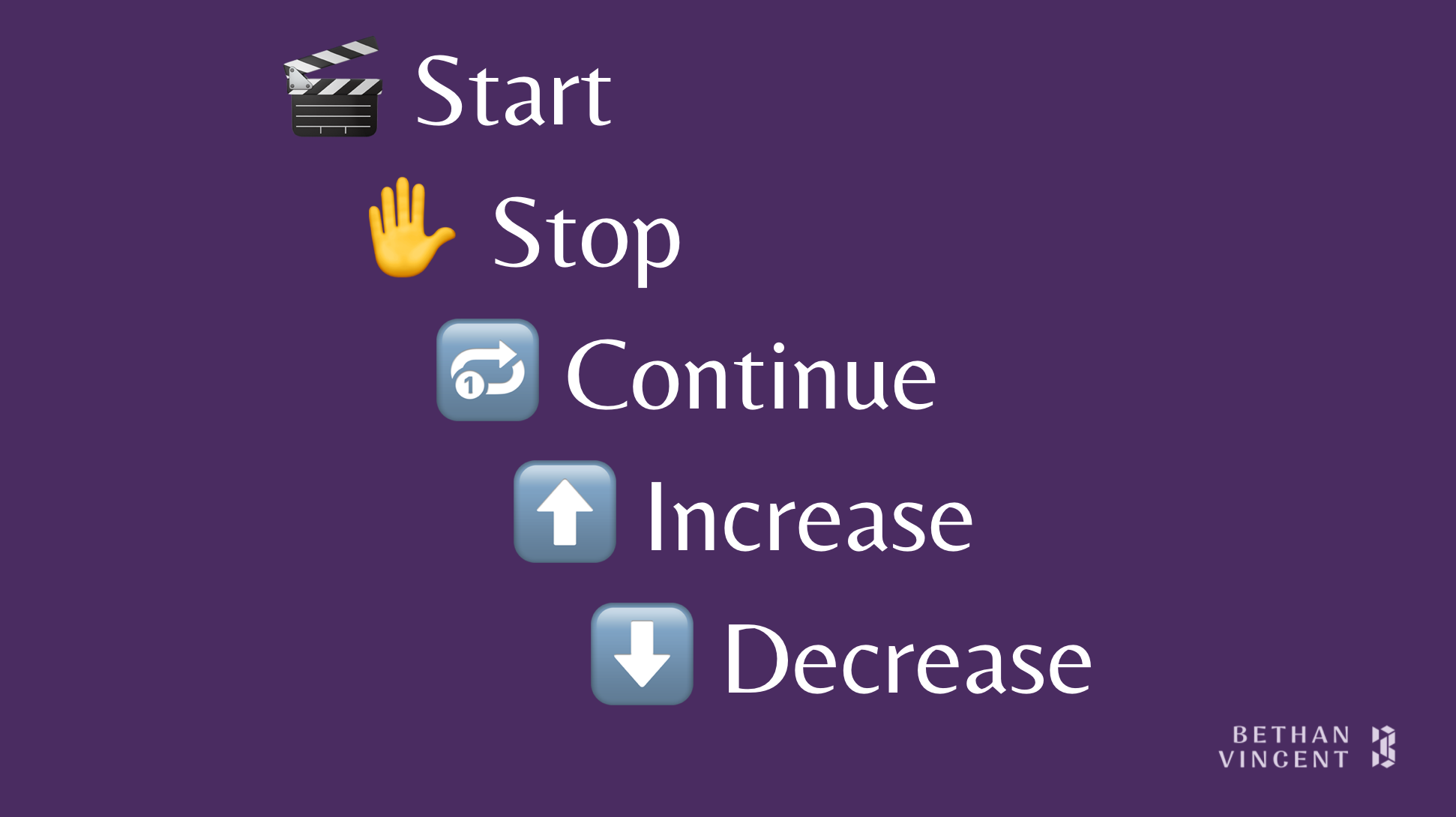2022 was my first full year working for myself and my second year of self employment. The big focus of the year was growth - I wanted to scale my successful solo consultancy into a fully-fledged business. The name Open Velocity came from my desire to speed up the rate of change for myself and other businesses.
I remember talking to my therapist in the middle of the pandemic, a few months before I left my job. We were specifically talking about my goals for 2021 and I expressed the thought that success, in my eyes, would be to start a business and stay self employed with control over my own destiny. This desire for autonomy was undoubtedly a hangover from a year of various lockdowns and restrictions.
The funny thing about working for yourself is that your hopes of total freedom turn out to be extremely naive. Yes, you have greater flexibility and control over your schedule and work, but you also go from having one boss to having multiple as you become answerable to all your clients or customers who (rightfully) demand your best work and attention.
Burnout was a state I skirted around throughout the year, especially the latter half where 6 day weeks became the default. While this weekend working was sometimes driven by deadlines, hustle mentality also played its part in driving me to sit at my computer every Sunday without fail.
"Successful people work at weekends, right?"
"If I put in every piece of effort I have, I can't fail"
"This is what you have to do in the early days of running a business"
My internal monologue was directly lifted out of a badly written business book. The truth is that working harder only guarantees exhaustion. As the classic marketing idiom goes, you can't out-market a bad product. It's the same for hustle - you can't outwork a bad idea. Even if you work every hour of the day, you can't guarantee success.
Another outcome of pursuing growth meant that Open Velocity expanded into a business with employees. These are people who, rightfully, expect me to lead the business and deliver on my promises. Leaders have to lead, you can't sit back and wait for the path to unfold before you or for someone to tell you what to do. You have to take action, even when you're unsure or tired.
It's easy to glamorise entrepreneurship and the idea of being your own boss, but the reality is that it can be a very isolating and demanding experience. As an entrepreneur, you are responsible for every single aspect of your business. This can be overwhelming, especially if you are a solopreneur or freelancer that doesn't have a team to share the workload.
The demands of running a business are also all-consuming and will take over your life. As a classic Type A person, I am prone to lying bed at night worrying about every single issue. My night brain also tends towards severe pessimism as small issues become unassailable mountains in the small hours. It really is true, for me at least, that things look better in the morning. I'm slowly learning to ignore any negative thoughts after 10pm.
If freedom is your primary motivation for becoming an entrepreneur, it may be worth considering other options such as freelancing or finding an employer who offers flexibility in terms of how, when, and where you work. While these options still come with their own set of challenges and responsibilities, they may offer more balance and support than starting and growing a business on your own. At least in my experience.
Outside of work, one of the dominant forces that shaped my 2022 was my ongoing struggle with chronic Achilles Tendonopathy, which crept up on me in Dec 2019 due to overtraining. I'd like to give the excuse that lockdown stymied my rehab attempts, but if I'm honest I just ignored the pain and the lump on my ankle in the hope that it would all go away.
As 2022 progressed, I found myself waking up in pain every single day and the 10 minute walk to our local train station would leave me in agony. The pain got so bad that coming back from a trip to Dublin, Des had to push me through the airport on a wheelchair as I couldn't physically manage the walk through the terminal. That was a bit of a wake up call if I'm honest.
So I went to see a physio. Consistently did my rehab exercises. Took the right supplements. Slowly but surely things have improved and at the very least, I can walk to the station now mostly pain free. My hope is that this improvement continues and I can start running again properly in 2023.
The lesson here is that small issues, when ignored, can become big issues, but also that big issues, when tackled consistently and thoughtfully, can be broken down and overcome.
For me, 2022 was really a year that highlighted the importance of prioritising both physical and emotional health. I've learned that neglecting either significantly impacts my quality of life, and that it takes consistent and dedicated action to maintain a positive trajectory.
If velocity was my word of 2022, trajectory is my word for 2023. There's no point applying effort if you're treading the wrong path.














